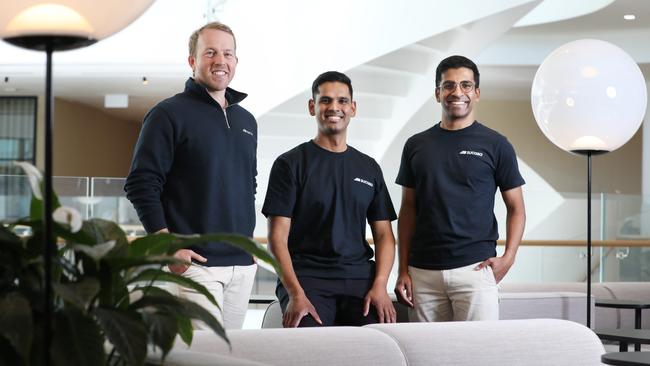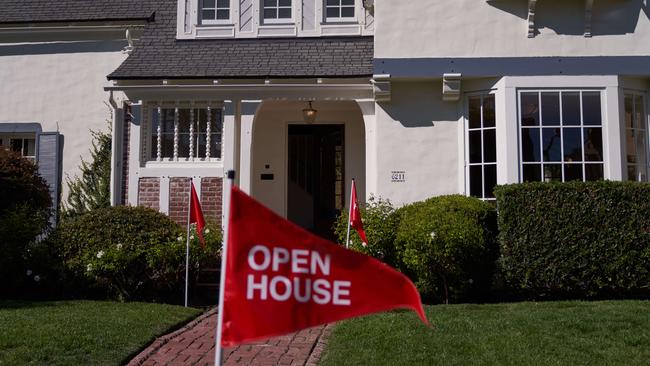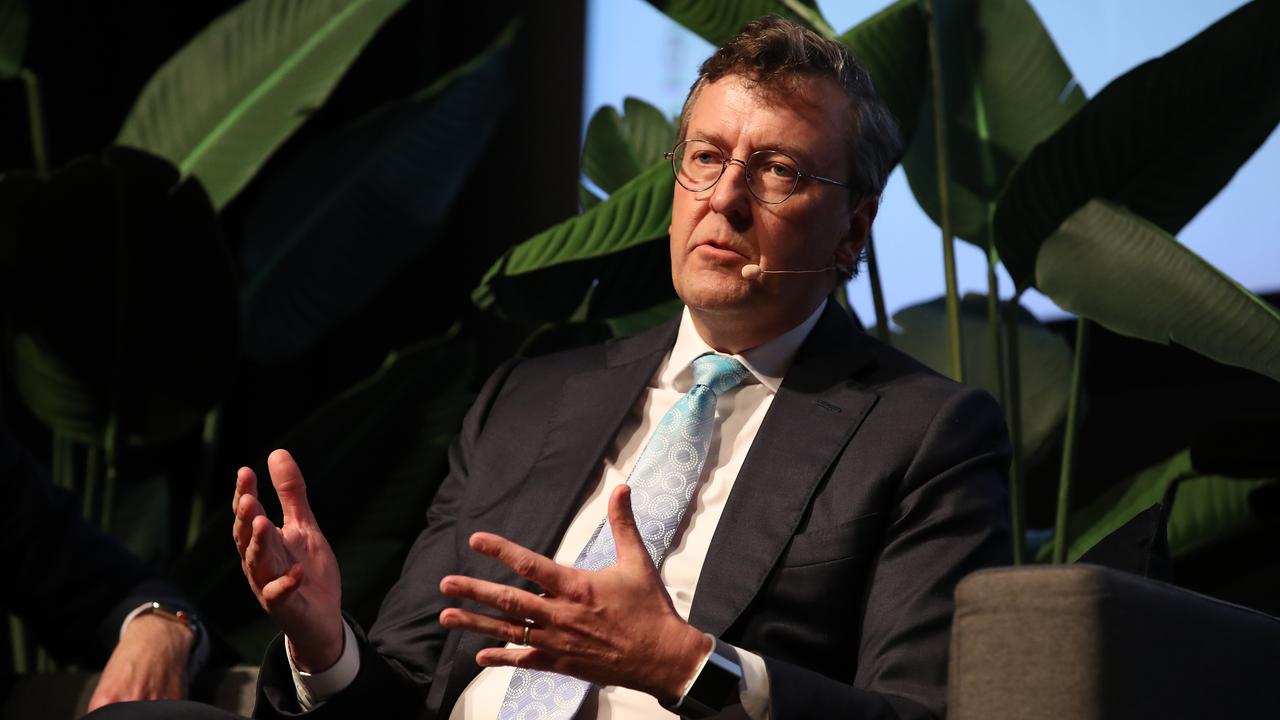Sucasa see opportunity in Australia for low-deposit mortgage push
Daniel Petre-backed start-up Sucasa reckons Australia’s mortgage market is typified by a ‘one size fits all’ approach that is letting down younger and would-be borrowers.

Australia’s mortgage market is typified by a “one size fits all” approach that is letting down younger and would-be borrowers who struggle to save for a chunky deposit.
That’s the view of Daniel Petre-backed start-up Sucasa and the lender’s co-founders, who are seeking to make low-deposit home loans a bigger part of the nation’s mortgage market. Their push comes as federal policymakers grapple with a housing supply and affordability crisis that is being exacerbated by higher for longer interest rates and rising house prices.
A Senate committee inquiry into Australia’s financial regulatory framework and home ownership held hearings last week, stoking debate about affordability and dividing views on the appropriate regulatory settings for those seeking to break into the market.
Sucasa – which is drawn from the Spanish words for “your house” – was founded in 2022 by former Athletic Greens chief Adam Trouncer and brothers Mario and Marian Emmanuel. Mario was previously an investor for the Lowy Family Group and prior to that had a stint at Stripe, while Marian was most recently a banker at Barrenjoey.
Mr Petre is a stalwart in the technology sector and co-founded AirTree Ventures. He is also known for rising through the ranks at Microsoft and is an investor and adviser to Sucasa, alongside the co-founder of US fintech Stash, Ed Robinson.
Mario Emmanuel explained the trio saw a business opportunity when they researched and discovered that low-deposit loans were much more prevalent in markets offshore. For example, he said mortgages where borrowers had deposits of 3 per cent or less of the purchase price accounted for some 10 per cent of the US market.
“The history of the US market, the history of the European market, the history of UK market would tell you … that it is sensible to take on this risk within the right parameters,” Mr Emmanuel added. “The risk is obviously being priced elsewhere. It’s being priced very expensively in Australia.
“The LVR (loan-to-value ratio), in and of itself, is not an indicator that means that loan is not profitable, or a bad loan or somehow dangerous.”
Mr Trouncer cited a “massive need” for low-deposit mortgage products, particularly for 25 to 45-year-old potential borrowers.
“There’s a bunch of really responsible people out there who are being priced out because of … the eccentricities of the market,” he said.
Mr Petre said low-deposit mortgages represented a $40bn-plus market and would assist some borrowers.
“Sucasa is designed to increase affordability in as meritocratic way as possible, allowing people to make the most of their income and their savings,” he added. “Sucasa is innovating on a financial product,taking a view on better pricing certain mortgage risk.”

Macquarie’s latest survey of mortgage brokers, released earlier this month, found about 16 per cent of broker customers received cash gifts or loan support from family members to assist them in getting a home loan.
It also suggested some 10 per cent of broker customers received support from family members acting as guarantors, “suggesting that a very high proportion of first home borrowers relied on some assistance” from their family to get a leg up in the housing market.
Sucasa’s model focuses on home loan borrowers who may have a deposit of as little as 2 per cent or up to 15 per cent of the purchase value. The company’s website shows it splits a mortgage into two parts, with a higher rate representing the borrowed portion that is above 80 per cent of the purchase price.
For a borrower with a 10 per cent deposit, Sucasa’s variable rate mortgages are priced from 6.3 per cent to 7.41 per cent per annum, although at the lower end of the scale a higher one-off upfront fee is levied.
Sucasa’s founders are adamant its options are cheaper than seeking a more traditional loan and paying for lenders’ mortgage insurance if the deposit is less than 20 per cent.
But likely to make Sucasa’s task to expand more difficult is the fact that big banks are also looking at new ways to get exposure to borrowers that may not have a typical 20 per cent deposit for a home purchase.
Commonwealth Bank holds a minority stake in OwnHome, which promotes mortgages with deposits as low as 2.2 per cent, through its venture-scaling entity x15ventures. OwnHome’s website cites CoreLogic data that suggests it takes the average saver who is earning more than $100,000 annually just shy of 10 years to save for a house purchase deposit.
ANZ earlier this year rolled out a policy for those residing in 145 wealthier postcodes, and meeting other criteria, that allowed them to borrow up to 95 per cent of a property’s value without lenders’ mortgage insurance.
Fintech Coposit facilitates buyers of off-the-plan properties making a purchase with $10,000 and paying the remainder of the deposit in weekly instalments.
The federal government is pursuing measures such as its share equity scheme, Help to Buy, even though legislation to enact the program is currently stalled. The scheme aims to support eligible home buyers with an equity contribution of up to 40 per cent for new homes and 30 per cent for existing ones. Eligible buyers could contribute as little as a 2 per cent deposit to buy a home.
Sucasa has raised funds from US venture capital firms Zigg Capital and 1984 Ventures, and Bain & Company’s Future Back Ventures. The company has secured debt funding from global credit fund PFG and other sources including non-bank lenders, and expects to expand its equity and debt funding this fiscal year.
“I invested in Sucasa because of the quality of the founding team and the very clear differentiation,” Mr Petre said.
Sucasa’s mortgage book sits at about $55m and the company is targeting total origination of $1bn in two years. Home loan approvals are running at a rate of about $300m annually.
It’s an ambitious origination target but Marian Emmanuel believes it’s achievable.
“We’re 10 times where we were six months ago,” he said.
Sucasa focuses on mortgages in metropolitan postcodes given the company wants collateral that is liquid. It doesn’t lend for purchases of vacant land or apartments of less than 50 square metres.






To join the conversation, please log in. Don't have an account? Register
Join the conversation, you are commenting as Logout